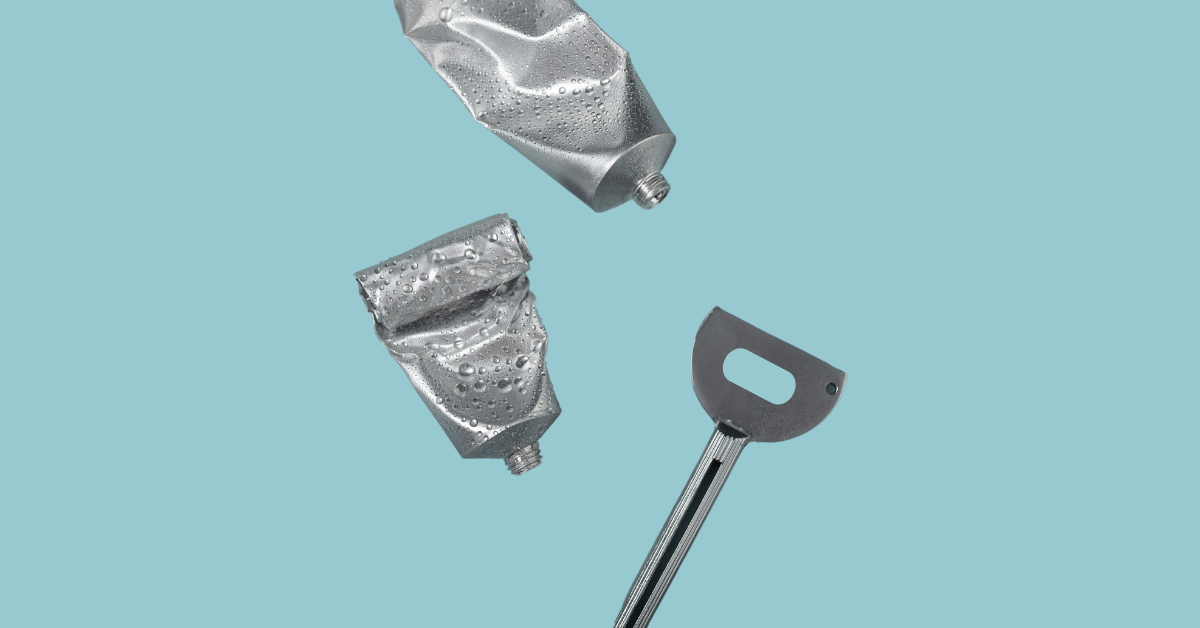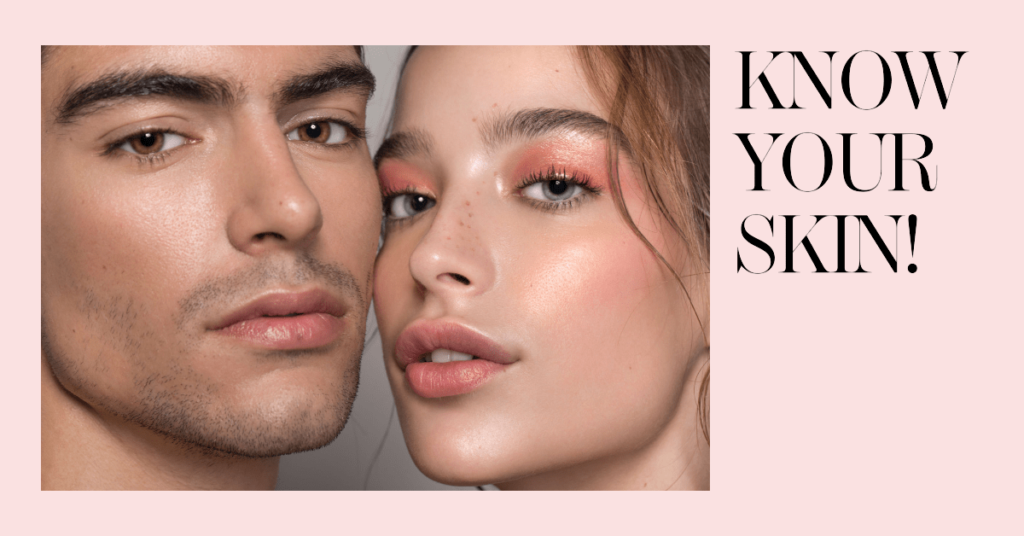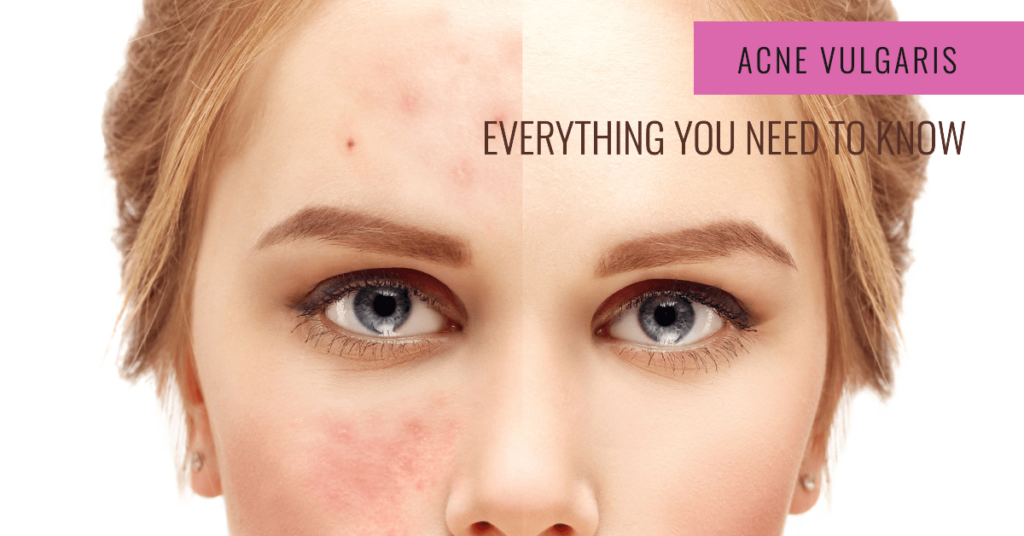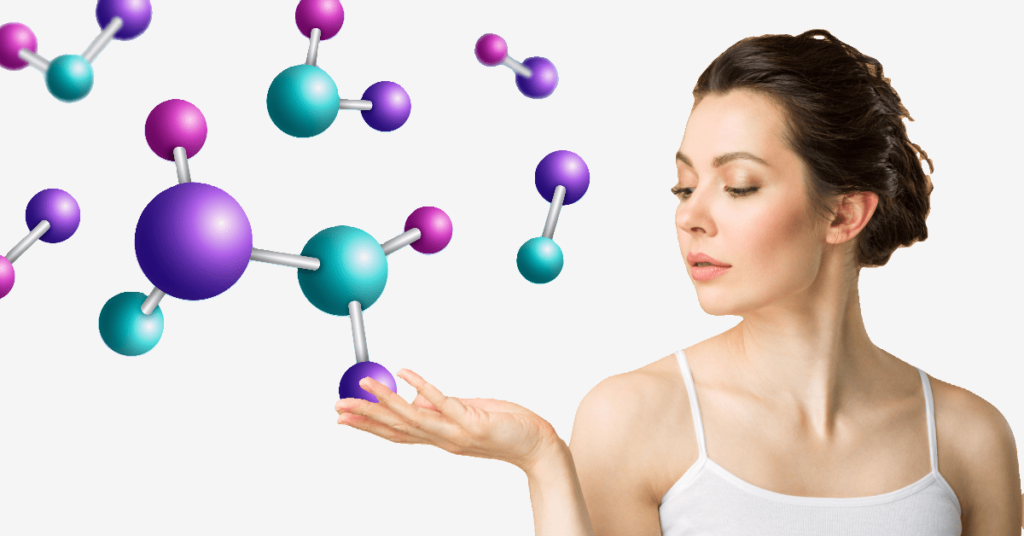Skincare isn’t just about the ingredients inside the bottle—it’s also about keeping those ingredients stable and effective. And yet, most people ignore one critical factor that can silently degrade your favorite products: exposure to light, heat, and air.
Let’s break down exactly how light heat and air destroy skincare products and what you can do to protect your them.
Light: The Silent Formula Killer
Some ingredients—like Vitamin C, Retinol, and botanical extracts—are light-sensitive which means, UV rays (and even visible light) can break down these ingredients and this may cause them lose their effectiveness quickly and can even form irritating or unstable by products.
To better understand this, Imagine you leave a cut apple in the sun. It turns brown, right? That’s light damaging the inside of it. The same thing happens to some ingredients in your skincare.
Signs of damage:
- Color change (e.g., clear serums turning orange or brown).
- Texture thinning or separating.
- Product starts to smell “off”.
How to prevent it:
- Opt for amber, opaque, or airless packaging.
- Avoid storing products near windows or in clear containers.
- Don’t leave serums or creams out in direct light after use.
Heat: Accelerates Degradation
Excessive heat speeds up the oxidation and breakdown of active ingredients, destabilizes emulsions (cream structures), and can even cause preservatives to fail prematurely. This can make a product not just ineffective—but unsafe.
Vitamin C, for example (or ascorbic acid) is one of the most powerful ingredients in skincare. It brightens skin, helps fade dark spots, supports collagen production, and fights the signs of aging by neutralizing free radicals—tiny unstable molecules created by sunlight, pollution, and stress.
But here’s the problem: Vitamin C is fragile. And one of the biggest threats? Heat.
What does heat do to Vitamin C?
When Vitamin C is exposed to high temperatures:
- It breaks down faster: Heat speeds up the oxidation of Vitamin C. Just like how fruit spoils faster in the sun, your serum loses its strength when stored in warm environments.
- It becomes less effective: As Vitamin C breaks down, it turns into dehydroascorbic acid—a form that’s less stable and less effective. Over time, the product won’t deliver the same skin benefits.
- It can irritate your skin: As Vitamin C degrades, it may form byproducts that aren’t skin-friendly. Instead of helping your skin, it might start causing sensitivity or breakouts.
Signs of damage:
If you leave a bottle of Vitamin C serum (especially one with pure ascorbic acid) in a warm bathroom or car:
- It may turn yellow, orange, or brown.
- It will lose its potency within weeks, even if unopened.
- You’ll be applying less antioxidant power to your skin—and more irritation risk.
How to prevent it:
- Store in a cool, dark place
- Use airless or dark glass packaging
- Finish the product quickly (within 2–3 months of opening)
- Avoid dropper bottles unless you’re storing them very carefully
Air: The Oxidation Trap
Air contains oxygen, and oxygen reacts with many actives, especially Vitamin C, Retinol, and unsaturated oils. Every time you open a jar, you’re allowing oxygen in. That may sound harmless (we breathe it, right?), but for some ingredients, it’s like rust to metal. Once this air gets inside, Oxygen starts reacting with certain ingredients, a process called oxidation ultimately weaking the formula and effectiveness of your skincare products.
Impact of oxidation:
- Color change (e.g., clear → yellow/brown/orange)
- Weird or sour smell
- Texture change (e.g., thicker, thinner, or grainy)
- Foaming or bubbling
- Product works differently (less glow, more irritation)
How to prevent it:
- Choose airless pumps or tubes over open jars
- Close caps tightly after every use
- Avoid touching product directly—use a spatula when necessary
Conclusion
You’ve invested in quality skincare—but that’s just half the story. The environment your products live in can quietly destroy even the most powerful formulas before they ever touch your skin.
Light, heat, and air are the silent saboteurs—breaking down your actives, reducing results, and even causing irritation.
By storing your products smartly, choosing the right packaging, and treating them with care, you’re not just protecting your money—you’re protecting your skin.
So the next time you buy a serum or moisturizer, remember:
It’s not just what’s in the bottle. It’s how you treat the bottle that keeps your skincare working hard for you.




